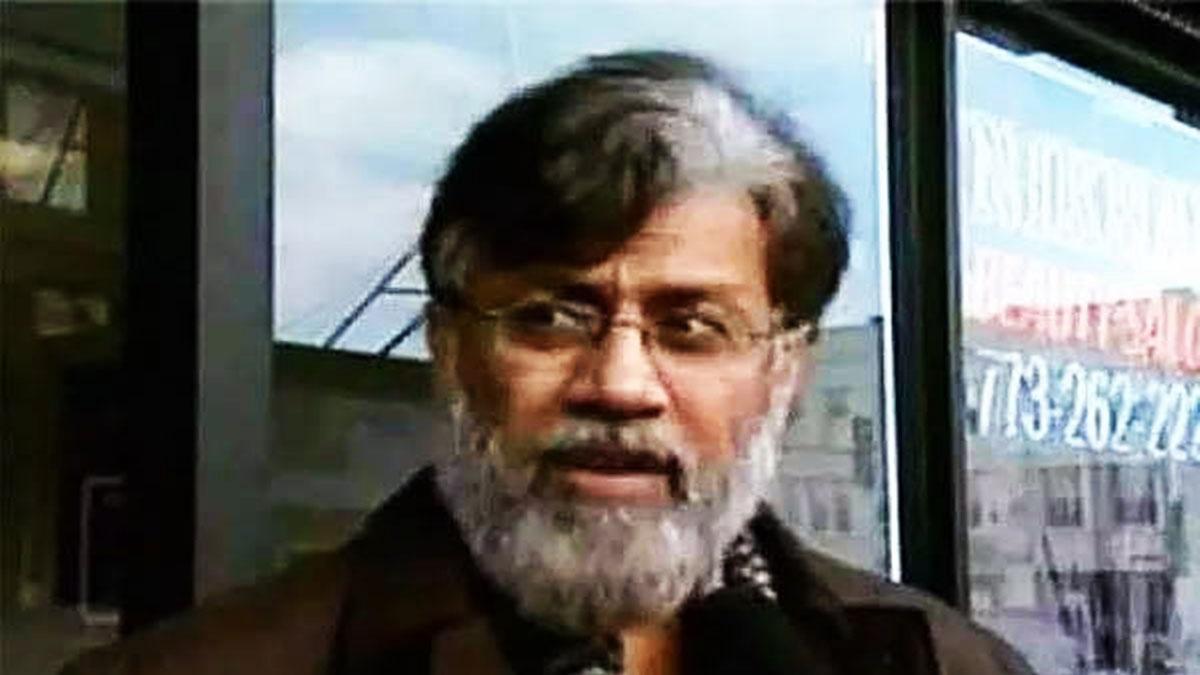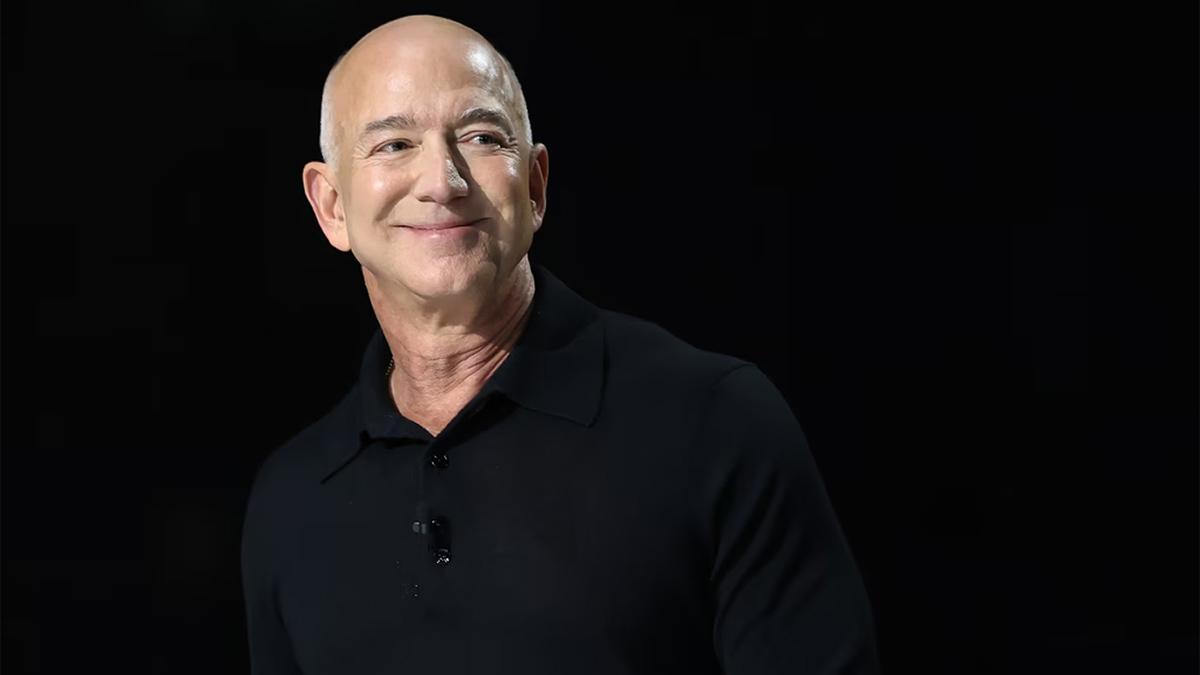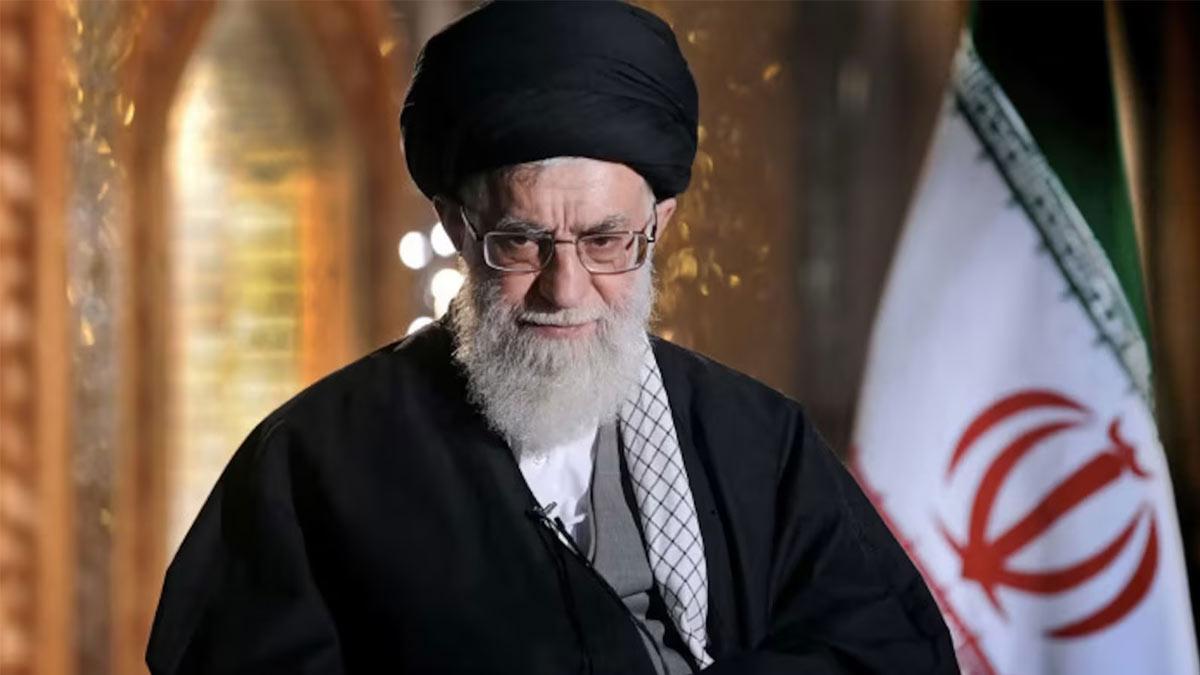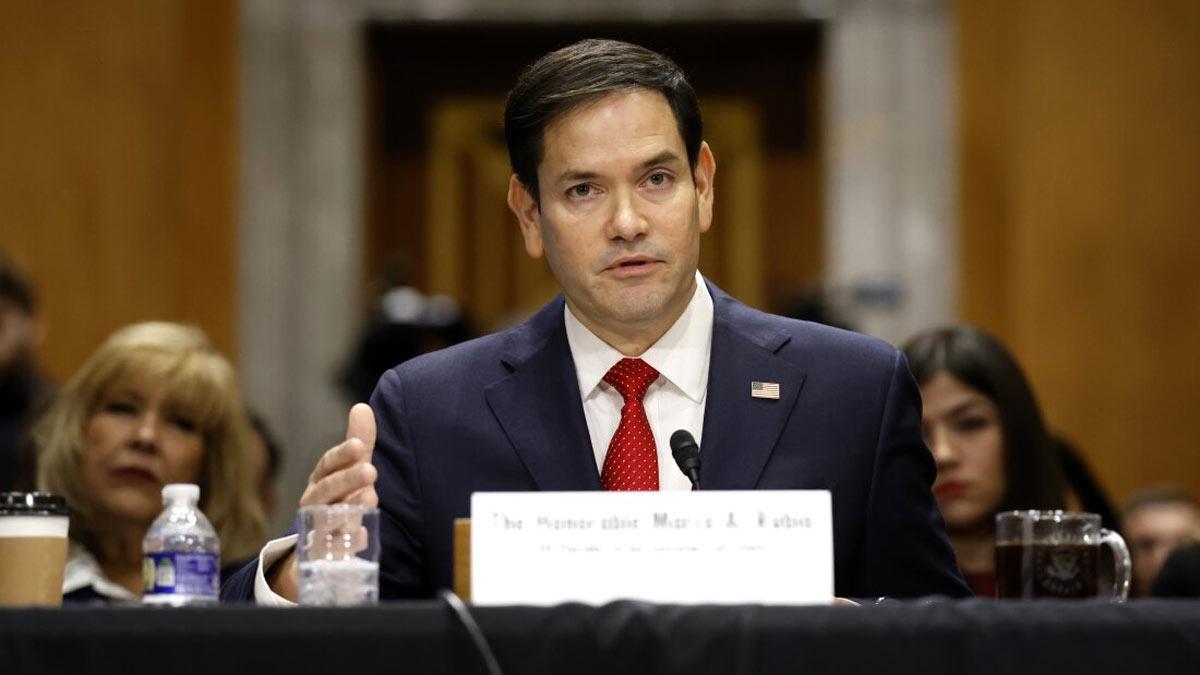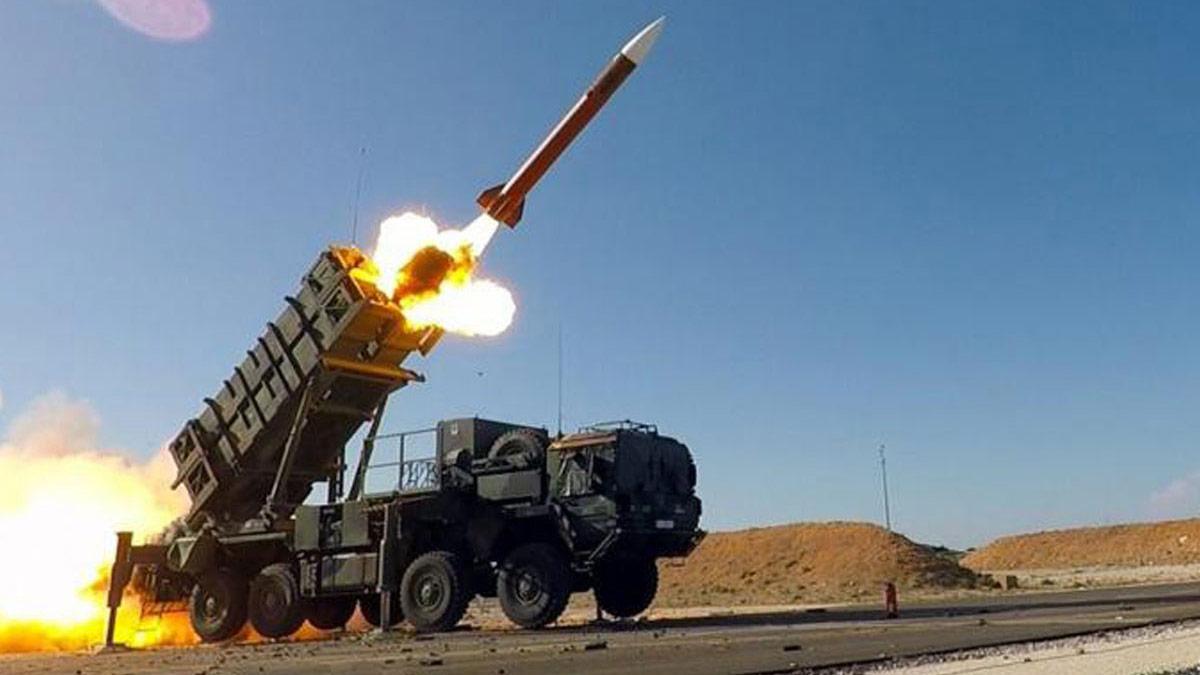In what may prove to be a seriously adverse development for Pakistani-origin Canadian businessman Tahawwur Hussain Rana, a U.S. court in California has ruled that he can be extradited to India under the bilateral extradition treaty. A verdict by the U.S. Court of Appeals for the Ninth Circuit confirmed on Thursday that Rana's extradition is permissible under the treaty.
The 63-year-old had appealed an order by the District Court for the Central District of California, which dismissed his habeas corpus petition challenging a magistrate judge's ruling certifying him as extraditable to India in connection with his alleged role in the 2008 terror attacks on Mumbai.
Currently in custody in Los Angeles, Rana faces charges connected with the Mumbai attacks and also has ties with Pakistani-American terrorist David Coleman Headley, who turned out to be one of the main conspirators in the assault.
A panel of the Ninth Circuit composed of Milan D. Smith, Bridget S. Bade, and Sidney A. Fitzwater has held that Rana's alleged crimes come within the extradition treaty between the U.S. and India. The treaty contains a "Non Bis in Idem"—or double jeopardy—clause, which forbids extradition if the person has already been tried in the requesting state for the same offense.
The panel interpreted the word "offence" in the treaty as referring to the charges brought, and not to the underlying acts, and as requiring an examination of the elements of each crime. They found that the elements of the Indian charges differed from the crimes for which Rana had been acquitted in the U.S.
The judges also upheld the magistrate's probable cause finding based on the evidence provided by India. Rana was convicted in a Chicago court of supporting a terrorist group for attacks in both Mumbai and would-be attack in Denmark but was acquitted in an Indian court of all terrorism-related charges. Following seven years in jail and obtaining compassionate release, India requested that he be extradited to face trial for his involvement in the Mumbai attacks.
Rana's defense team at that time argued that his extradition was prevented by the double jeopardy provision of the U.S.-India extradition treaty and that India had not provided sufficient evidence. Both arguments were dismissed by the Extradition Court, and this order was later upheld by the Habeas Court.
Rana's appeal included claims that the term "offence" should be interpreted to cover underlying acts, but the government maintains that it refers to charged crimes, and these are distinct from those for which he was acquitted. Judge Smith supported this interpretation, citing that the treaty allows for Rana's extradition given that the charges in India are different from those in the U.S.
Rana has the right to challenge the judgement and all his options are not shut yet against extradition. The 2008 Mumbai attacks were carried out by ten Pakistani terrorists who killed 166 people, including six Americans, in an extensive attack in major places of Mumbai.
Read also | Australian Hindus Advocate for Bangladeshi Hindu Rights, Call for International Response

